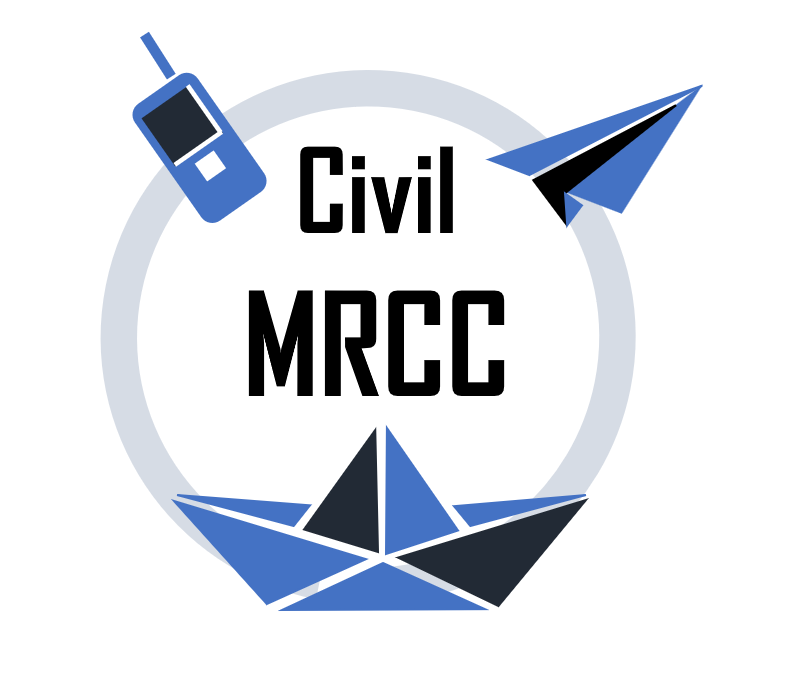Italian Court subsequently drops all charges against Congolese woman
The European Union’s highest court has set out important restraints to States’ anti-smuggling laws, which wrongly criminalize people on the move and those in solidarity with them. On 3 June 2025, the Court of Justice of the European Union (CJEU) ruled in the Kinsa case that caregivers who support minors to enter the EU irregularly should not be criminalized. The Court was assessing the case of a Congolese national, O.B., who had assisted minors in her care to enter Italy. The judges clarified that support of that nature does not constitute “facilitation of unauthorised entry” under EU law when it protects minors and ensures family unity. “Such a parent merely exercises his or her responsibility in respect of the child,” the Court explained.
O.B. had arrived in Italy in August 2019 with her 8-year-old daughter and 13-year-old niece, using false passports to travel to Bologna and seek international protection. On arrival, O.B. was arrested and separated from the two children and subsequently faced charges of facilitating their unauthorized entry, which carry up to five years imprisonment in Italy. The Bologna Court referred the criminal proceedings to the CJEU asking the judges to assess the scope and compatibility of the EU facilitators package – as well as the related Italian immigration Act, Article 12 – with broader EU law and particularly with the Charter of Fundamental Rights.
Crucially, the judges ruled that facilitation or so-called anti-smuggling laws must not override the EU Charter and that individuals must not be criminalized for exercising their fundamental rights, in particular the best interests of the child (Article 24), the right to family life (Article 7) and the right to asylum (Article 18). Otherwise, States would violate the principle of proportionality under Article 52(1) of the Charter. The Italian Court in Bologna has since dropped all charges against the Congolese national.
“This is a very important day for those seeking justice at the borders of Europe,” said Francesca Cancellaro, O.B.’s defense counsel. “The judgment shows that every national and European law can be challenged under the lens of the EU Charter of Fundamental Rights. This could be the beginning of the reconsideration of the entire anti-smuggling legislation, leaving no space for the criminalization of migration and solidarity.”
The CJEU judgment is, however, tightly confined to cases involving caregivers and minors. The Court protected these specific constellations of assistance from criminal liability and concluded that where necessary courts must disapply national provisions incompatible with the Charter. However, it did not declare the Facilitators Package unlawful as a whole leaving the wider criminalization of humanitarian assistance untouched. Future litigation now needs to challenge the broader misuse of smuggling laws against human rights defenders, solidarity actors, and people on the move themselves.
The ruling has come at a critical time, as EU institutions renegotiate the Facilitators Package, the set of so-called anti-smuggling laws that have led to the prosecution and mass incarceration of people on the move. This judgment strengthens the case for explicitly enshrining humanitarian exceptions in EU law, to prevent its misuse against those who act out of care, solidarity or necessity. The revised Directive must include clear and binding exemptions for those who cross borders without authorisation in order to guarantee their fundamental rights, whether they are migrants or asylum seekers, as well as those who act in solidarity, such as family members or humanitarian actors.
In recent years, thousands of people on the move have been sentenced to lengthy prison terms under anti-smuggling laws simply for steering a boat or car during their own journey, or for taking on other tasks onboard —such as using a GPS. These laws also criminalize solidarity acts, such as search and rescue operations or the provision of shelter, water, food or clothing. In 2024 alone, at least 142 individuals were facing criminal or administrative proceedings for acts of solidarity in the EU.
The Kinsa Campaign
Website – https://kinsa-case.eu/




